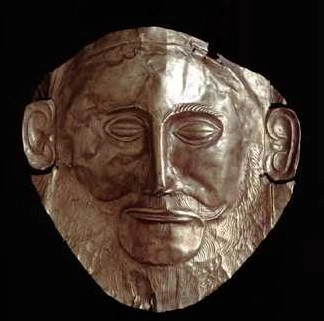Iphigenia Greek Daughter of Clytemnestra and Agamemnon, king of Mycenae and leader of the Greek forces in the Trojan War; sister of Electra and Orestes.
Publié le 26/01/2014

Extrait du document

Iphigenia Greek Daughter of Clytemnestra and Agamemnon, king of Mycenae and leader of the Greek forces in the Trojan War; sister of Electra and Orestes. Agamemnon sacrificed Iphigenia to placate the goddess Artemis, whom he had offended, and to ensure by this sacrifice fair winds on the voyage to Troy. Greek tragedians, notably Sophocles and Euripides, cited the death of Iphigenia as as motive for the murder of Agamemnon by Clytemnestra.
Liens utiles
- Electra (1) Greek Daughter of Agamemnon and Clytemnestra; sister of Iphigenia and Orestes.
- Orestes Greek The only son of Agamemnon and Clytemnestra; brother of Electra, Iphigenia, and Chrysothemis.
- Iphicles Greek Halfbrother of the hero Heracles; son of Amphitryon, a prince of Tiryns, and his wife, Alcmene, who was a daughter of the king of Mycenae; husband to Automedusa, and later, to the youngest daughter of King Creon of Thebes.
- Nestor Greek King of Pylos (on the west coast of Messenia, in the Peloponnesus) and, at 60 years old, the oldest and most experienced of the chieftains who fought in the Trojan War.
- Enyo (1) Greek A goddess of war, specifically known for sacking cities and towns of the enemy; daughter of Zeus and Hera; depicted as the sister, daughter, or mother of the war god Ares, often included as a companion of Ares when he went into battle.




